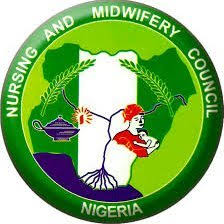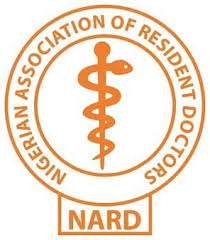All stakeholders must pay more attention to issues of mental health.
It is difficult to disprove the position of the Association of Psychiatrists in Nigeria that mental healthcare in our country is in a sorry state as people do not have appropriate information about the causes and treatment. As Nigerians, therefore, mark the 2023 World Mental Health Day with the theme, ‘Mental health is a universal human right’, we must understand that this is a major public health issue that deserves adequate attention, especially when these illnesses are neither incurable nor terminal. When understood and spotted on time, every Nigerian with mental health challenges can seek help before it reaches the extreme consequence of suicide.
This public health challenge is unfortunately on the rise in Nigeria because no commensurate plan has been put in place to address it. For instance, Nigeria has only about 150 psychiatrists to care for the population; that is one psychiatrist to 1.3 million Nigerians. It also has five mental health nurses to 100,000 Nigerians with only eight neuropsychiatric hospitals in the entire country. It is therefore no surprise that suicide is now a common phenomenon in Nigeria. From jumping into the lagoon to hanging yourself with rope or drinking poison, reports of suicide have moved from an occasional blip to a very disturbing trend in our country. Yet, persons who suffer from this disease can recover if they promptly seek help instead of allowing it to weigh them down.
According to scientists, mental health includes the emotional, psychological, and social well-being of people and they affect the way such affected individuals think, feel, and behave. Medical scientists also attribute the cause of mental illness to three factors: biological, which include genes or brain chemistry; life experiences, such as trauma or abuse; and family history. Sadly, the authorities in Nigeria are not paying attention to this malaise.
Available reports indicate that there were over 300 diagnosable mental illnesses in Nigeria. Since those who suffer from any of these illnesses can fully recover, they are encouraged to seek help immediately after they notice the signs. Family members who notice signs of mental illness in their loved ones should also not trivialize it or pretend that all is well. That will be counterproductive. Instead, they should immediately assist the victims to get to the psychiatric hospital for treatment.
Early signs of mental illness include eating or sleeping too much or too little; pulling away from people and usual activities; having low or no energy; feeling numb or behaving as if nothing matters any longer; having unusual aches and pains; feeling helpless or hopeless; smoking, drinking, or using drugs more than usual. Others are: feeling unusually confused, forgetful, staying on edge, angry, worried, or scared; yelling or fighting with family and friends; experiencing severe mood swings that cause problems in relationships; having persistent thoughts and memories that you can’t get out of your head; thinking of harming yourself or others; and inability to perform daily tasks such as taking care of your kids or getting to work or school.
While we counsel that everyone can avoid a sudden degeneration into mental illness by seeking professional help when they perceive that it is necessary, it is obvious that Nigeria is not yet ready to address the issue of mental health. To make matters worse, no clearly defined mental health policy has been implemented. We must do more to tackle the mental health challenge in the country.




